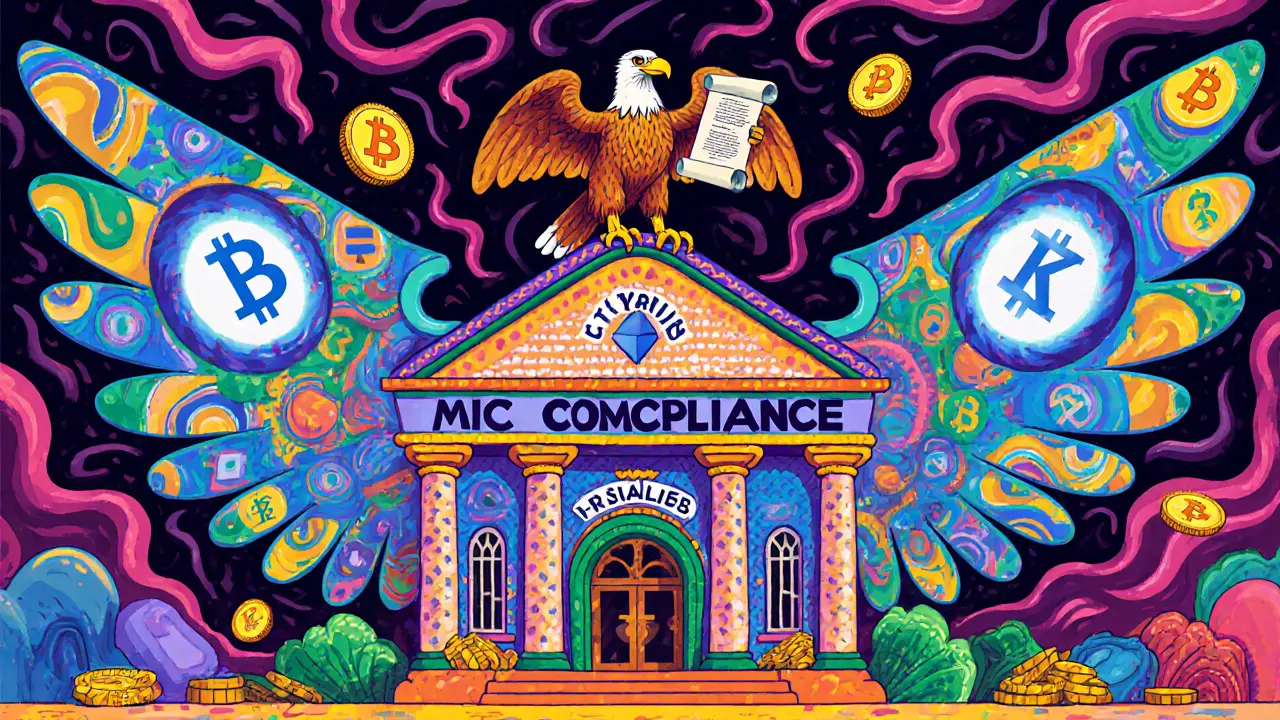Crypto Compliance: What It Means, Why It Matters, and How It Shapes Your Trades
When you hear crypto compliance, the set of legal and operational rules that crypto businesses and users must follow to prevent money laundering, fraud, and illicit financing. Also known as blockchain regulation, it’s not something that only affects big exchanges—it touches every wallet, airdrop, and swap you make. If you’ve ever been asked to verify your ID on a crypto platform, or saw a token get delisted because of sanctions, that’s crypto compliance in action.
It’s not just about KYC, the process of verifying a user’s identity before allowing crypto transactions. It’s also about AML rules, anti-money laundering policies that force platforms to track suspicious activity and report it to authorities. These aren’t theoretical. Australia’s AUSTRAC now requires all virtual asset services to register or face fines. Indonesia’s OJK demands KYC and charges a tax on local trades. Even in Russia, miners must register and pay taxes—or risk penalties. And then there’s OFAC sanctions, U.S. government blacklists that freeze access to certain crypto tools like Tornado Cash, even if they’re technically open-source. When Tornado Cash got sanctioned, it didn’t just shut down a mixer—it made thousands of users question whether privacy tools are even legal anymore.
These rules aren’t slowing crypto down—they’re reshaping it. Projects like POAPs and blockchain voting thrive because they’re transparent and traceable, making them easier to comply with. Meanwhile, dead tokens like veDAO and Diyarbekirspor Token vanish not just because they’re useless, but because no exchange wants to list something that could attract regulatory scrutiny. Even when a platform offers no KYC, like GroveX or KCEX, it’s often because they’re avoiding compliance entirely—and that’s a red flag, not a feature. Compliance doesn’t mean giving up freedom. It means knowing the boundaries so you don’t accidentally cross them.
Below, you’ll find real-world breakdowns of how compliance affects everything from mining in Russia to airdrops in Indonesia, from sanctioned mixers to state-backed digital currencies like China’s e-CNY. These aren’t abstract laws—they’re the invisible hands shaping which coins live, which die, and who gets left behind.










